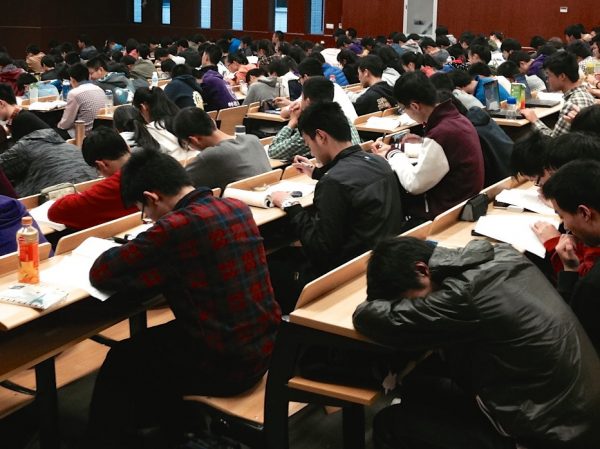
Originally published May 18, 2022
For decades, conservatives have claimed that higher education has a negative influence on students’ moral and political development. A new study from Miloš Broćić and Andrew Miles provides research on one of the most understudied and misunderstood of these claims: the effect of college attendance on moral values.
Using data from the National Study of Youth and Religion, Miles and Broćić found that people who attend college are more likely to have a greater concern for others, less of a concern for social order, and be less relativistic. They used data from both before people enrolled in college and after people attended to look at the influence of college, specifically.
People who went to college are more likely to say that compassion for people who are suffering is most important, but less likely to say that kids need to respect authority or that morals are relative. Moral relativists believe that morality is relative: that is, moral truths are not absolute and can change from one society to another, or over time.Notably, this is distinct from previous work that found increased moral relativism among academics. This could be because college’s role in moral socialization has changed over the years. These days, critics of higher education are more likely to argue that it leads students to not be relativistic enough: too uncompromising in their morality. The authors say that their study provides preliminary evidence in favor of this critique.
Our values are fundamentally shaped by the environments and institutions we find ourselves in, and this research brings us closer to understanding how going to college shapes students as human beings.

Comments